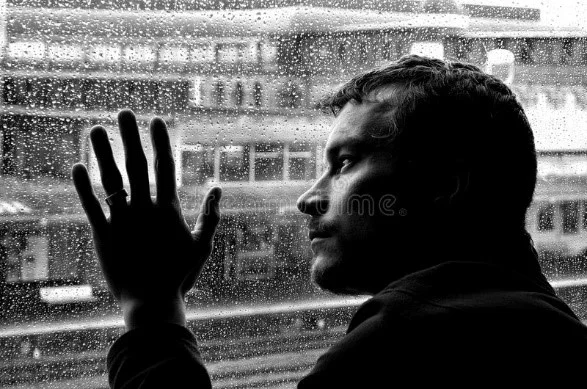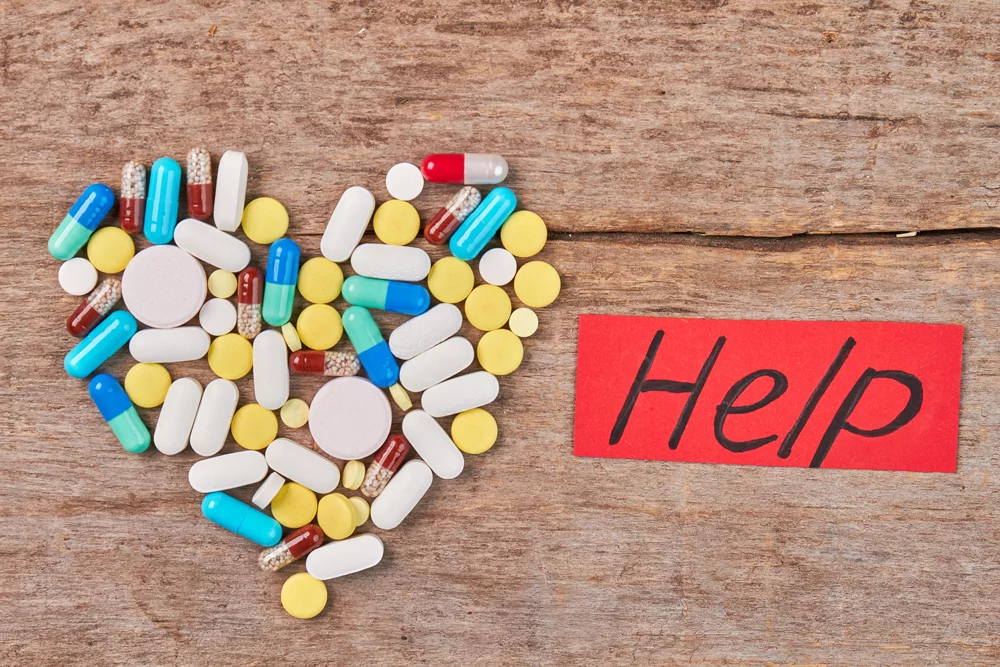My name is Andrea Morgan and I’m a family law attorney here in Orlando.
If you read my companion article, Love Addiction Part I: A Case Study you know now that love addiction is the “compulsive, chronic craving and/or pursuit of romantic love in an effort to get our sense of security and worth from another person.” [1] It is separate and distinct from sex addiction, although a sex addict can also be a love addict, and vice-versa.
You also learned the story of “Alissa” who, despite damaging consequences to her self-esteem and relationships with family and close friends, could not stop chasing the next romantic crush that would give her the rush her addiction demanded.
Part of my job as a family law attorney in Orlando is learning that psychologists have isolated some root causes that give a person the propensity to be a love addict: Inadequate or inconsistent nurturing, low self-esteem, and an absence of positive role models for committed relationships are at the top of the list.

Being denied a healthy bond with mom, dad or both at a tender age is overwhelmingly the most common factor. This can cause you to feel abandoned, alone and unsafe in life.
On one end of the spectrum, this trauma can cause “avoidant attachment disorder”, resulting in the avoidance of healthy, supportive intimate relationships. On the extreme other end, this can result in “anxious attachment disorder,” which manifests as extreme neediness, clingyness and desperation to hang on to another person in an attempt to fill the inner void.
Sadly, anxious attachment disorder causes the love addict and those close to them a great deal of pain. Unfortunately, merely having this insight into your background will not on its own interrupt the unconscious drive to attach at all costs.
Love addicts jump into a relationship before they have vetted the object of their desire, before allowing the time necessary to know who that person is, before determining whether they trust that person with their heart, and before determining whether they and their romantic interest would make a good match.
Just like substance abuse addiction, love addiction is a pathological craving for a mood-altering experience. The love addict lives in a fantasy about the object of his or her desire and does not pay attention to the reality and obvious red-flag cues.
There’s also an over-reaction to what the love addict considers being abandoned and rejected, depression, uncontrollable crying, chasing after the love interest, or over-indulging in alcohol or drugs to temporarily block out the pain, all of which indicate a person has an unhealthy addiction to love.

As a family law attorney in the Orlando area, I’ve noticed the most difficult love addicts are those who develop romantic relationships with two or more partners at the same time, thinking their only problem is, which one should I pick? Deep down, they delight in their dilemma and the drama they create. But the truth is, they are blind as a stone to the fact the only problem lies within themselves.
Most distressing is the love addict’s’ inability to process and grow from the pain of one failed romance after another to interrupt the pattern.
They are deluded that it is their partner’s fault their skewed romantic expectations are not being met, and the next partner will deliver the rush they are seeking, once and for all.
So, they jump from one painful failed romance to the next without recognizing that it is their compulsion for romance attachment that is driving their despair. Truth: Wherever you go, there you are. The problem is your pattern, not who you are with.
Romantic love, including the non-addictive kind, activates the unconscious reward system in the brain. This motivates a person to want to experience more. Being infatuated can serve the legitimate purpose of desiring to spend more time with someone, thus facilitating real love.
This only becomes a problem when a person chases these feelings and views them as more important than the relationship itself. The love addict gets hooked on the rush of these good-feeling chemicals. So, they wind up continually chasing this feeling and become dependent on unhealthy or immature relationships, or repeatedly breaking off current relationships to cultivate new ones.
Psychologists theorize that love addiction (what they refer to as pathological love) is a behavioral addiction associated not only with pleasure, but also suffering [2]. This suggests that love addicts are not only addicted to “love,” they may also be addicted to the pain and anxiety associated with the pursuit of and rejection by their love interest.
Some psychologists draw parallels between pathological love and disorders such as obsessive-compulsive disorder, impulse-control disorders, and mood disorders. These scholars view some love addiction cases as neurochemical and would treat them pharmacologically in the same manner as a patient diagnosed with these other better-known psychiatric conditions. [3]

Here are some questions you can ask yourself to find out whether you or someone you care about may be a love addict:
- Do you find yourself in an unfulfilling relationship with a person you know in your heart is not right for you, but you cannot leave?
- Do you find you have a pattern of repeating the same habits in romantic relationships, or being what you consider “dumped”?
- Do you feel bored or that your life is meaningless unless you have a romantic crush or pursuit going on?
- Do you find the pain in your life from your romantic pursuits is increasing?
- Do you find yourself unable to stop seeing or thinking about a specific person even though you know this person does not have your best interests at heart, is inappropriate for you, or may even be destructive to you?
- Is your desire for love interfering with your ability to function in everyday life?
- Is your desire for love interfering with your ability to form healthy relationships?
- Is your desire for love causing you to ignore your own well-being?
- Do you feel anxious or distressed when you are single or your current love interest is not available?
- Are you experiencing negative consequences such as poor mental health, damage to relationships with your family and close friends, or a loss of interest in relationships that do not have a romantic element?
Is there a cure? Absolutely. There is treatment and therapy specifically designed to heal the underlying traumas which cause love addiction. Your action plan should start with contacting a licensed mental health therapist who specializes in relationships and addiction.
For those who may not have the resources for counseling, “Sex and Love Addicts Anonymous” (SLAA) is a 12-step program completely free of charge. Contact SLAA for information on how to get started.
You don’t have to wait to get into a structured program before you start your treatment plan, however.
You or someone you care about can start these suggestions right away and get on the road to recovery:
- Stop what you are doing and stand back to observe your behavior. Take an inventory of your pattern in your current and past relationships. Be honest with yourself, without blaming your failed romantic partners.
- If you are not currently in a committed relationship, take a six-month romance-free break. Do not engage in any potentially romantic interactions such as texting or emailing current or potential romantic crushes. Consider online dating sites, hook-ups and blind dates strictly off-limits for the time being.
- Look for common themes in your relationships. Is there a similarity between your adverse childhood experiences and your romantic choices as an adult? Are you unconsciously “comfortable” with the unhealthy traits or qualities in a person that mirror those of a significant adult in your life as a child?
- Get professional help with your self-evaluation before you begin your search for love again. If you are already in a relationship, do not make any decisions or demands of your partner until you have had a chance to look at yourself honestly.
- Ask yourself how life would be if you took responsibility for your own happiness, successes and failures and loved yourself the way you want to be loved, instead of looking to others to fill this void.
- Make a plan and follow through on a daily basis. Recognize that feelings of loneliness and boredom are temporary, and that in the end you will have the most valuable gift of all: You will know and love yourself. Only then can you choose well and have the healthy, supportive relationship you deserve.

If you have not read Love Addiction Part I, check out my article for insights into the harrowing inner life of the love addict. The Hot and Cold Spouse also provides valuable information on how to deal with a yo-yo relationship with your loved one, who could be suffering from love or other addictions or disorders.
For more information on love addiction disorder in your marriage or if you would like to speak with me as a family law attorney in Orlando call me at 407-374-2983 or in South Florida 561-794-4724 email me at [email protected]
Citations:
- Psychology Today, “How to Break the Pattern of Love Addiction”, author Ann Smith, (December 1, 2010)
- Psychology Today, “What is Love Addiction,” author Arash Emamzadeh, February 10, 2019
- European Journal of Psychiatry, “Treatment of Love Addiction: Current Status and Perspectives”, M. Sanches & V.P. John (2019)
 Reviews
Reviews 
